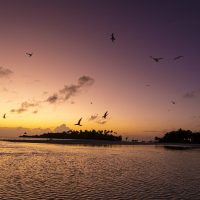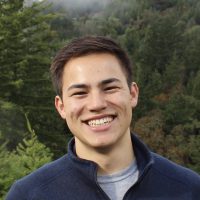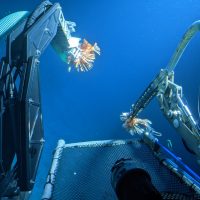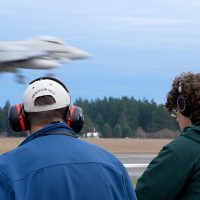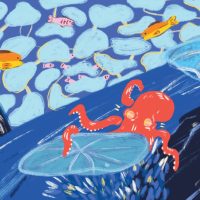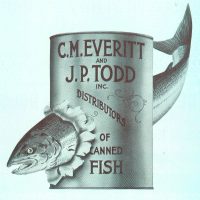Filter Results
Two graduate students awarded SAFS DEIJ and Community Service Recognition Award
We are pleased to announce the recipients of the 2024 SAFS DEIJ and Community Service Recognition Award: Julia Indivero and Claire Vaage.
Read moreA haven for research in the South Pacific: Tetiaroa
From microplastics to seabirds, and everything in between, Tetiaroa offers new insights on tropical ecosystems for UW Professors and researchers.
Read moreClimate change and Pacific oysters: what are the impacts of heat stress?
Eric Essington, UW Biology senior, has been working on his independent research project in the Roberts Lab for the past year, looking into a familiar hard-shelled mollusk: the oyster. Why? To simulate temperature changes associated with climate change and explore the impact on Pacific oysters.
Read moreMarkus Min announced as recipient of Award for Outstanding Commitment to Diversity, Equity, Inclusion, Justice, and Accessibility
Congratulations to Markus Min, the recipient of the 2023-2024 Award for Outstanding Commitment to Diversity, Equity, Inclusion, Justice, and Accessibility (DEIJA) given by the College of the Environment. Markus, a Ph.D. Candidate in SAFS, has been a trusted leader since joining the school in fall of 2020, and a strong advocate for equity and inclusion at both the unit level and across the College.
Read moreLionfish research in the Caribbean waters of Curaçao
In a lot of ways, deep reefs are understudied. Too deep for divers to reach and only accessible by submarines, this zone of ocean habitat is often overlooked. We spoke to SAFS master’s student, Sarah Yerrace, about her research focused on one thing in particular: lionfish.
Read moreNavy Growler jet noise over Whidbey Island could impact 74,000 people’s health
According to new research published by SAFS grad student, Giordano Jacuzzi, military aircraft noise from Naval Air Station Whidbey Island presents a substantial risk to public health.
Read moreChris Mantegna honored in 2024 Husky 100
Part of the SAFS PhD program, Chris Mantegna has been named as one of the Husky 100 for 2024. Students are chosen for actively connecting what happens inside and outside of the classroom and applying this learning to make a difference on campus, their communities, and for the future.
Read moreFrom the classroom to the coastline: spotlighting UW’s School of Aquatic and Fishery Science
The Daily UW features the degrees offered at SAFS, which is centered on the belief that students must experience the environments and species they’re studying.
Read moreEcologists: don’t lose touch with the joy of fieldwork
Chris Mantegna writes a Nature World View piece, saying amid the data deluge provided by lab-based techniques, such as environmental-DNA analysis, true connection still comes only in the outdoors.
Read moreWhat four decades of canned salmon reveal about marine food webs
Alaskan waters are a critical fishery for salmon, and scientists want to know the impact of climate change. As a UW SAFS doctoral student, Natalie Mastick investigated Alaskan marine food webs using an unorthodox source: old cans of salmon, from four species all caught over a 42-year period.
Read more
